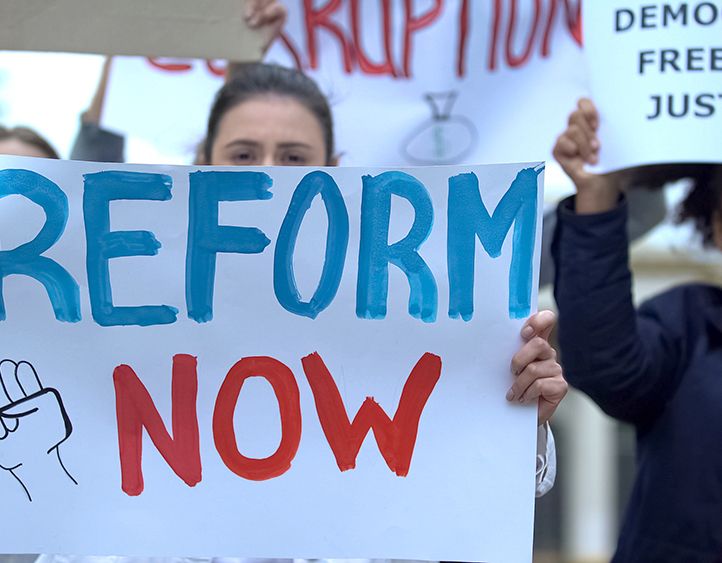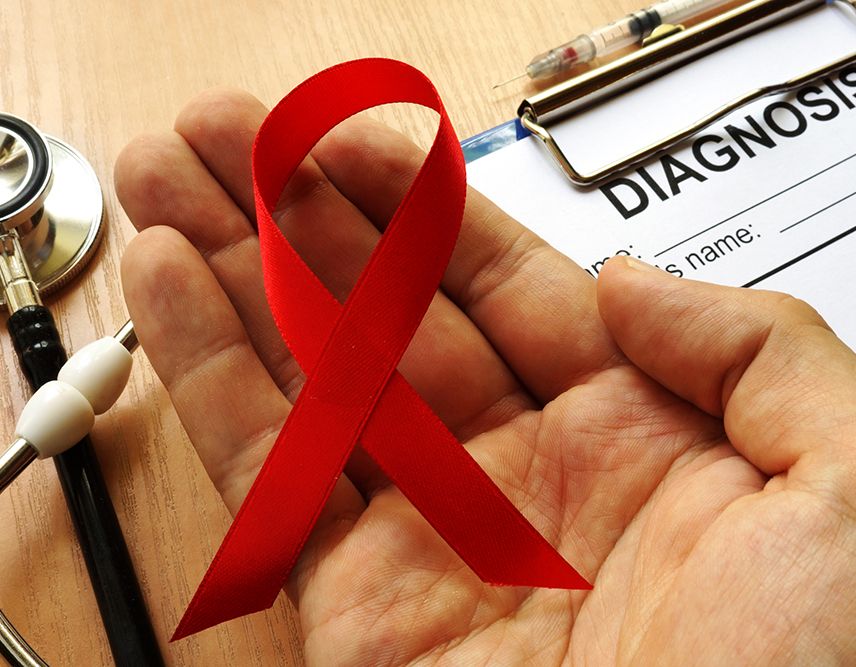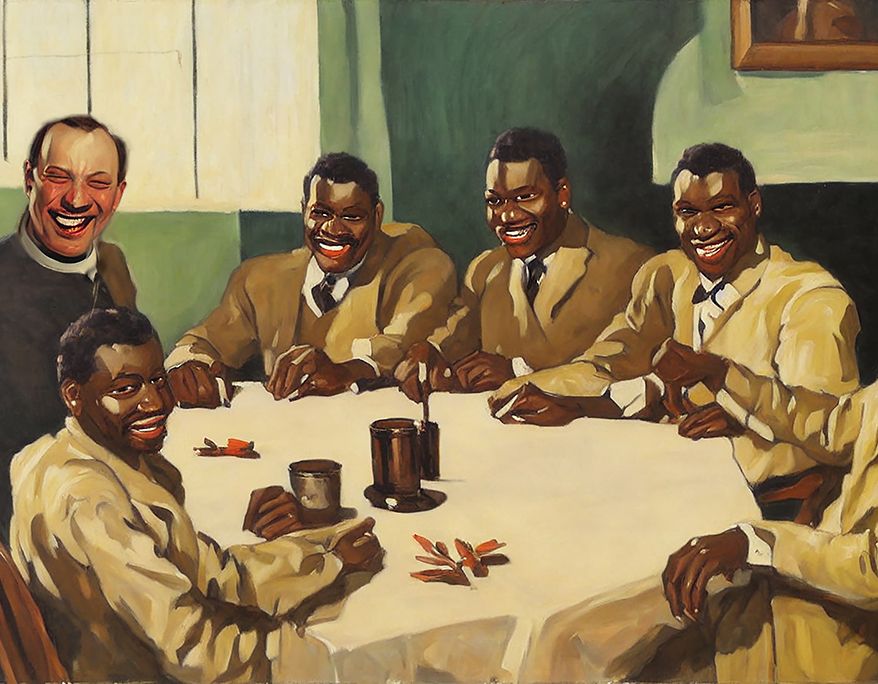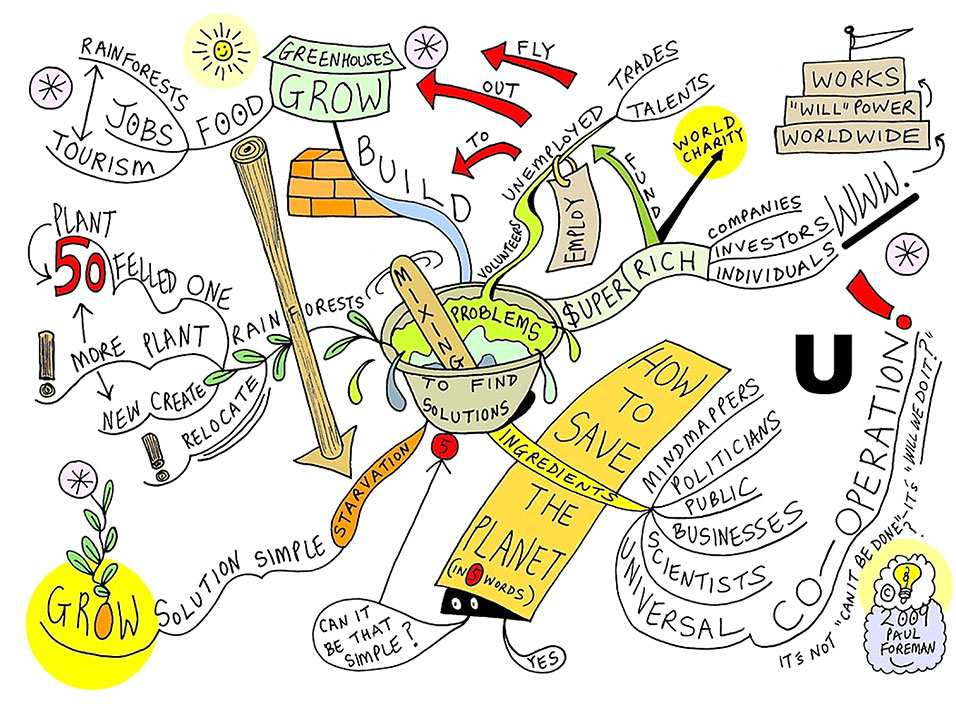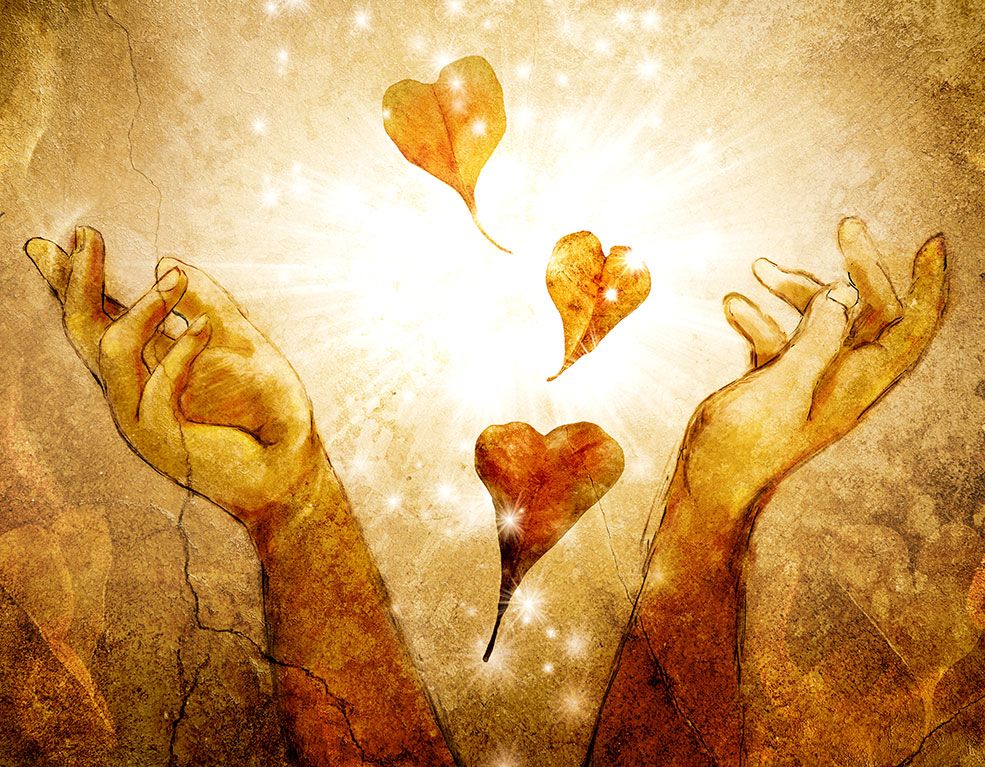Today, corrupt practices have risen to the world stage. No one can plead to be totally innocent. That is why all must join hands together in order to wipe out this great evil from society. Corruption is not only about the wrong use of money, but also about the wrong use of power.
It is not only about taking bribes in government offices but also about various forms of manipulation and blackmailing, political arm-twisting, pushing a particular party’s political interests through underhand ways, unfair power plays of dominant classes on weaker sectors, the imperceptible manner of bulldozing legitimate claims, silencing the voices of the weaker communities, physical elimination of political opponents or commercial competitors, interfering with election processes, using ‘strong men’ for vacating land or realizing bills, fixing matches, selling drugs. Corruption also has references to hidden transactions, unpaid salaries, and underpaid employees. The general feeling today is that “justice has disappeared from the world” (Ps. 82:5).
The globalized world has become a hiding place for corrupt businesses. The global market provides distances, creates anonymity, gives opportunities for dishonest deals, and enables one to take advantage of the weak, evade laws, and make an unfair proportion of profit. Let us make a distinction: if greater profits are made through harder work, greater efficiency, more effective customer service, or through path-breaking innovation, it is certainly legitimate. But, if it is made by underpaying the worker, evading taxes, ignoring safety laws, producing counterfeits, ruining the environment, abusing customer confidence, falsifying accounts or labor figures, double bookkeeping, deceptive advertisements, or industrial espionage, it is undoubtedly criminal. “Would it not be better for you to be robbed? Instead, you yourselves wrong one another and rob one another, even your brothers!” (1 Corinthians 5:7-9).
Distorting Facts, Passive Indifference
Investigative journalism has often highlighted specific cases of dishonesty. But media men also can bend to mammon and sell their services for money: cooking up stories to defame or defend a party leader, distorting facts to press an argument, and presenting allegations as proven truth for minor favors. Plagiarizing, pirating cassettes, and violating intellectual property rights are very common. Engineers in government service get opportunities to embezzle huge amounts. Doctors are accused of patronizing particular pharmaceutical companies or diagnostic centers, and even dealing in human organs.
When citizens are not alert, the mechanisms of accountability and sanctions are not activated, and structures of enforcement lie idle. Society remains silent. You and I give tacit approval. The passive cannot plead innocence. They are guilty if they turn their attention away from the wrongs prevailing in society to pursue their own selfish interests. Isaiah thunders against such self-seekers, “You are doomed! Heroes of the wine bottle! Brave and fearless when it comes to mixing drinks!” You prevent the innocent from getting justice (Is 5:23).
Irresponsible Economy
Corruption has something to do with the unprincipled and irresponsible economy to which we have given full license. Erich Fromm argues that today’s competitive society has been built on the belief that “Egotism is the basis of general welfare”. It is precisely in this field of the economy that ethical values are often lost. If our cherished values are threatened, they must be defended; if they have been lost, they must be re-acquired and strengthened. Science and technology have given us good things but they must be regulated by the norms of wisdom contained in our religious and cultural traditions. It is true that a selfish man may produce a great deal. But if he does so by exploiting others, he impoverishes. He will be impoverished in turn.
We agree that the economy has its own importance. However, the economy is not everything. Economic success cannot be made the ultimate goal in human affairs. It cannot be allowed to entice and enslave human beings, wipe out cultures, and ruin the environment. When people are evaluated only in market terms, when they are classified merely as ‘labor’ or evaluated solely in reference to the ‘market’, their status sinks. In other words, when their worth is calculated only in terms of their use to the economy, they become less than human beings and bearers of dignity.
Collective Self-Criticism Shows The Way
For all our criticism, multinational corporations have brought many advantages to people: cheaper goods, efficient dispatch of affairs, scope for developing one’s talents, and speedy sharing of information. Meantime, if they exploit workers, customers, shareholders, the uninformed society, and weaker communities, we are heading for disaster. The subtle manner in which this is being done is becoming more and more evident today. We are all victims of this hypercommercialism that has thrown up a class of super-rich and dumped the weak in dire poverty. Correctives should be sought: reflection, self-criticism, and collective effort towards self-improvement, as suggested in Asia’s ancient traditions. God will bless us. Justice will again be found in courts (Ps 94:15). And justice and right will make you strong (Is 54:14).

